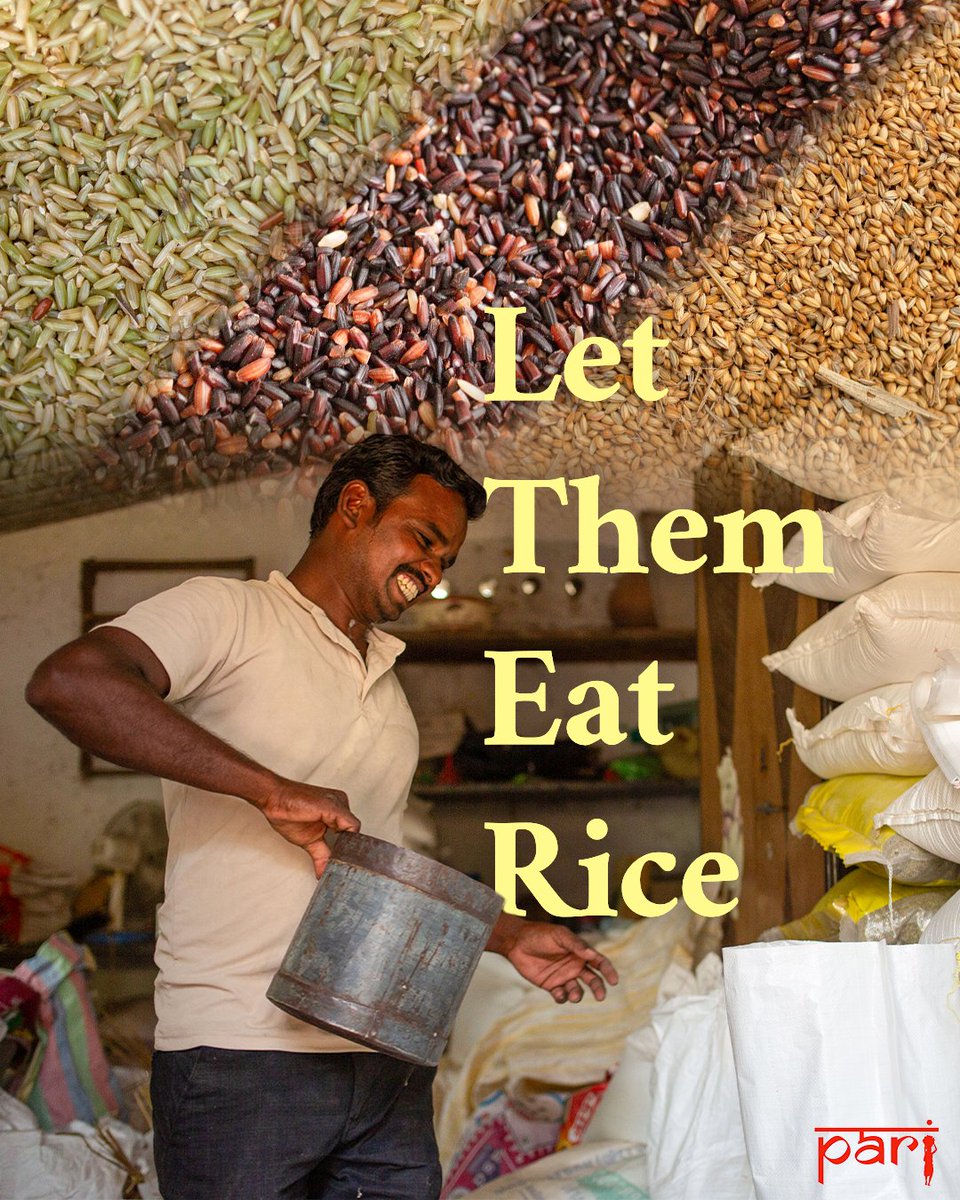Delighted to unveil a new project — PARI Education. It's an effort to sensitise a new generation to lives & livelihoods in #ruralindia. Students and teachers will find this to be an invaluable resource - one which they can even be a part of. Details in🧵
pari.news/pari-edu/pari-…
pari.news/pari-edu/pari-…
We've seen that young Indians are eager to learn about their country. A college student once tweeted to us:
"It really made me question the news I consume daily. We're so unaware of what's happening among the largest demographic group in India." 2/5
"It really made me question the news I consume daily. We're so unaware of what's happening among the largest demographic group in India." 2/5
For the last two years, PARI has been working with schools & colleges across India to bring these stories into the classroom. Students realise that there is world of over 800 million people they never heard or read about in mainstream media. 3/5
We don't just stop at informing. We recognise our task in building a bridge between rural and urban students, between the privileged and excluded. And in making the more privileged students empathise, understand and act on the inequalities between them and the rest. 4/5
PARI Education is the sum of all these tasks, & of journeys we want to embark on with you. Get students to report from the ground to engage with the people whose issues they study & to build empathy & sensitivity. 5/5
Visit our website to read all stories
pari.news/pari-edu/pari-…
Visit our website to read all stories
pari.news/pari-edu/pari-…
• • •
Missing some Tweet in this thread? You can try to
force a refresh






















